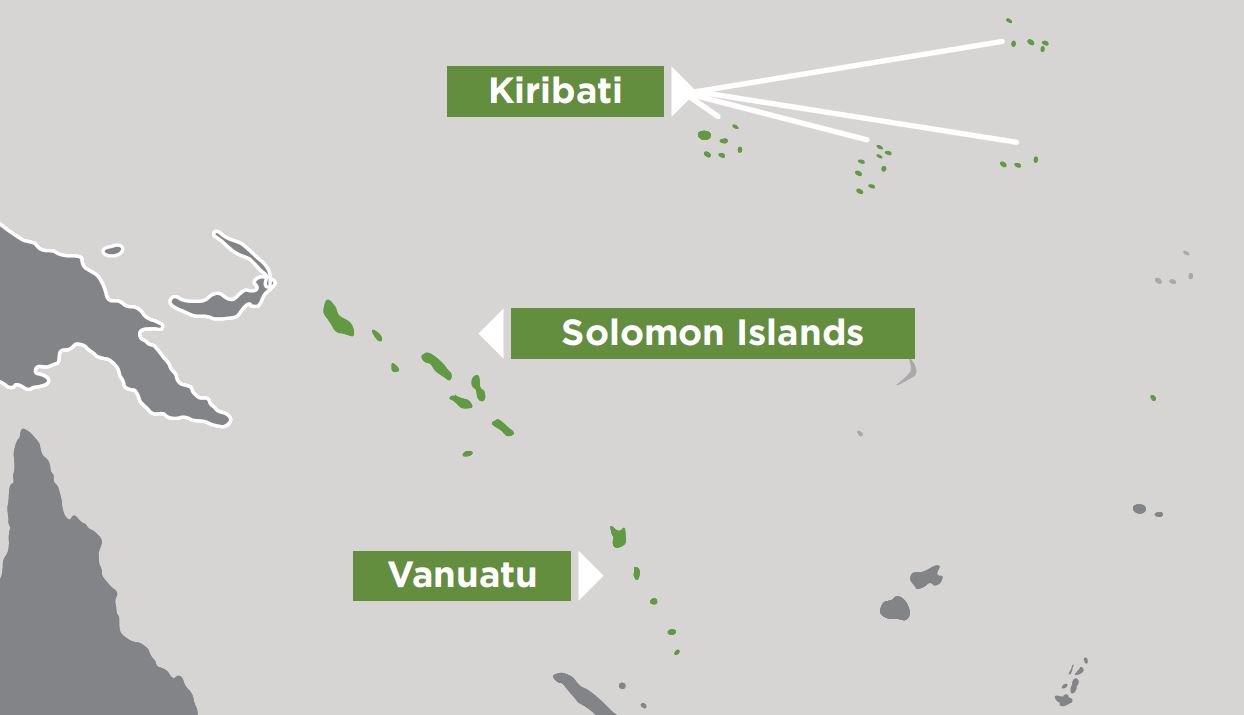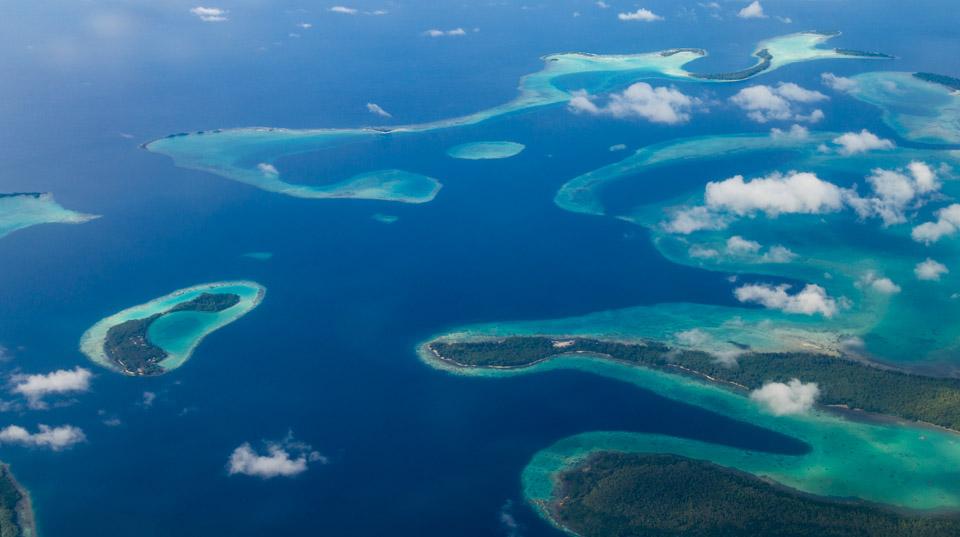Overview
In partnership with SPC and other regional collaborators, this project aimed to deliver the fundamental genomic data (high resolution genome maps and calibration of epigenetic ageing models) and the logistic feasibility studies required to apply these methods to the three principal target species of these tropical tuna fisheries: skipjack, yellowfin and bigeye tuna.
The tropical tuna fisheries of the Indo-Pacific Oceans are central to the economic development and food security for Indian, Pacific and SE Asian communities. Millions of small-scale and industrial fishers across the region rely on these fisheries for food security and employment, and the export revenues they generate are a substantial proportion of GDP for many island and coastal states. Monitoring and assessment methods for these regionally significant fisheries are being challenged by global economic forces, new information on population structure, and the increasingly apparent impacts of climate change on the distribution and connectivity of tuna.
Transformational fisheries independent monitoring methods developed by CSIRO for southern bluefin tuna can provide population structure, connectivity and abundance information for stock assessment and management purposes through structured regional sampling programs and regional genetic infrastructure.
Outcomes
- Developed a common epigenetic age model for yellowfin and bigeye tuna, with successful calibration using tissues and otolith readings.
- Completed three high-resolution genomes, providing a basis for new genetic assays and understanding of population structure.
- Found current tissue collection protocols for the Pacific Marine Specimen Bank unsuitable for large-scale genetic programs due to contamination risks.





